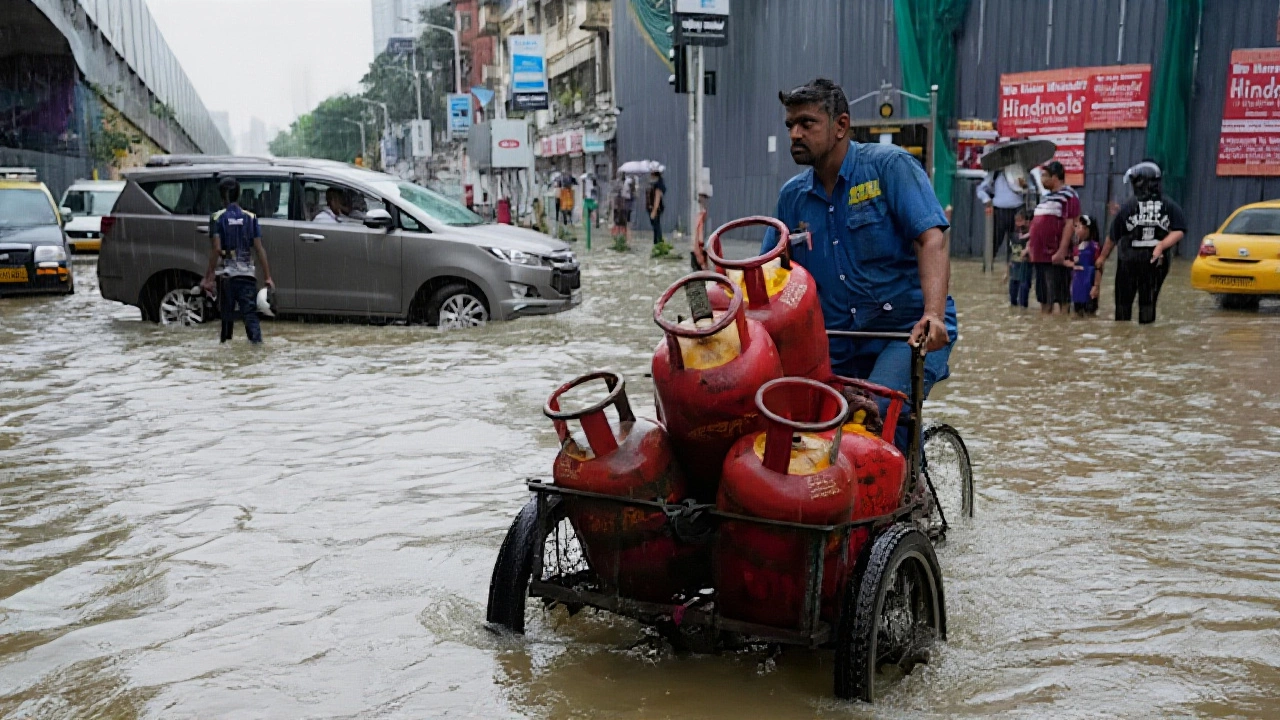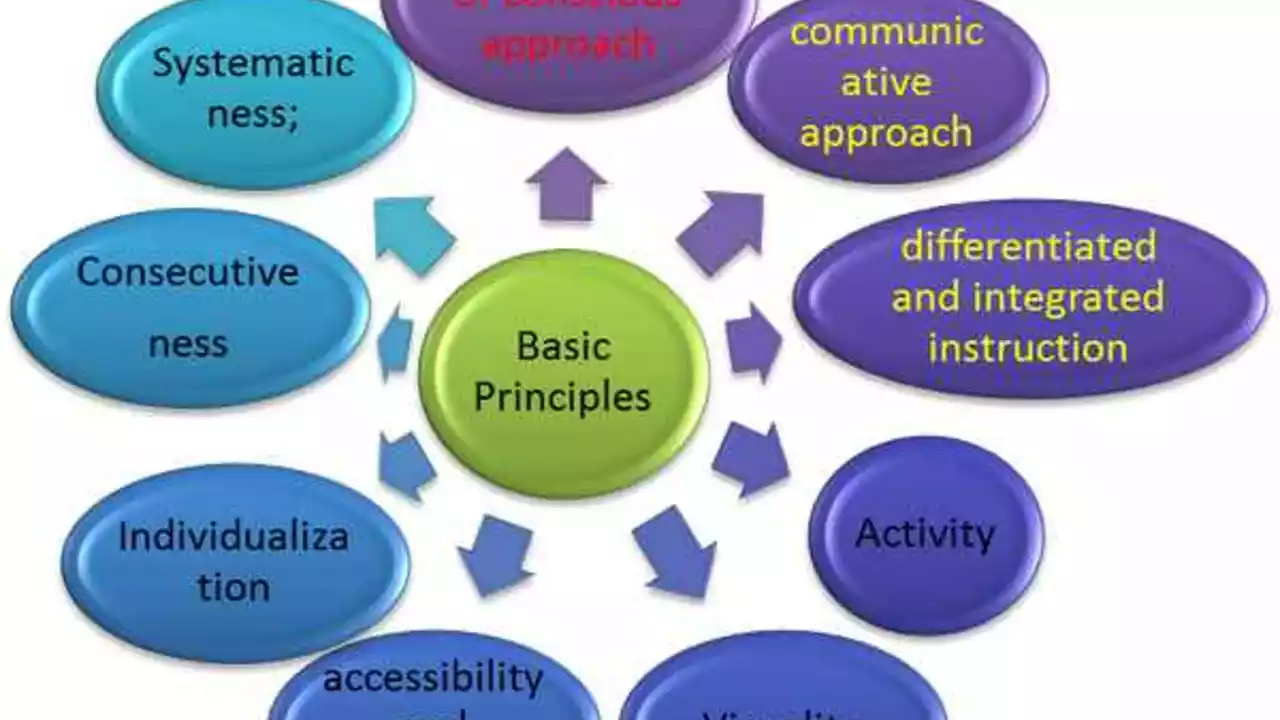Welcome to EduHelps India – Free Help for Every Student
Struggling with a tough subject, looking for a loan option, or just need quick study tips? You’re in the right spot. EduHelps India brings together simple guides, real‑world advice and the latest education news so you can focus on learning, not searching.
What We Offer
We cover everything from exam strategies and special‑education referrals to personal‑loan FAQs for students with education loans. Our articles break down complex topics into easy steps, using everyday language you can follow instantly.
Latest Highlights
Check out our recent posts: a look at the Women’s T20 World Cup 2024, a blunt critique of India’s rote‑learning system, and a deep dive into why higher education costs keep rising. Each piece is written to give you practical takeaways, not just theory.
Join thousands of Indian learners who trust EduHelps for quick, reliable help. Dive in, explore the sections you need, and start mastering your studies today.
- Maxwell Harrington
- 0 Comments
IMD Warns of Extreme Rainfall Across India from Late November to Early December 2025
The India Meteorological Department warns of extreme rainfall from late November to early December 2025, with Tamil Nadu, Kerala, and the Andaman Islands facing very heavy rain, while northern regions brace for freezing temperatures and thunderstorms.
View More- Maxwell Harrington
- 0 Comments
Pakistan Crush Zimbabwe by 69 Runs to Qualify for Tri-Nation Final, Babar Azam Ends Form Slump
Pakistan beat Zimbabwe by 69 runs in Rawalpindi on November 23, 2025, as Babar Azam returned to form with 74 runs and Usman Tariq claimed a hat-trick, securing Pakistan's fifth straight T20I win and a spot in the Tri-Nation final.
View More- Maxwell Harrington
- 0 Comments
Aries Horoscope for November 14, 2025: Avoid Credit, Watch Your Words with Partners
On November 14, 2025, Aries natives face financial opportunities but must avoid credit and arguments with partners. Moon in Leo boosts confidence—but demands emotional discipline.
View More- Maxwell Harrington
- 0 Comments
Cold Wave and Dense Fog Alert Across North India as Temperatures Plummet on January 23, 2025
Cold wave and dense fog warnings issued by the India Meteorological Department on January 23, 2025, affect North India, with temperatures dropping 2–4°C and AQI reaching 136 in Chandigarh, posing health risks to vulnerable populations.
View More- Maxwell Harrington
- 0 Comments
Oman Cricket Team’s Winless Asia Cup 2025 Run Highlights Multicultural Squad
Oman cricket team, captained by Jatinder Singh, went winless at the 2025 Asia Cup, losing to India, Pakistan and UAE, with multicultural players spotlighted.
View More- Maxwell Harrington
- 0 Comments
West Bengal Braces for Heavy Rainfall as Western Disturbance Peaks Oct. 6
India Meteorological Department warns West Bengal of heavy rainfall until Oct. 6, 2025, as a Western Disturbance peaks, prompting flood alerts and traffic warnings.
View More- Maxwell Harrington
- 0 Comments
Rinku Singh’s surprise Asia Cup pick fuels India’s ninth title
Rinku Singh admits he doubted his Asia Cup selection, but trust from Ajit Agarkar and a century in the UPT20 league helped him seal India's ninth title with a four‑run finish against Pakistan.
View More- Maxwell Harrington
- 0 Comments
Women's T20 World Cup 2024: India Crash Out in Group Stage as Australia, New Zealand Advance
India's women exited the Women's T20 World Cup 2024 in the UAE at the group stage, finishing third in Group A with two wins and two losses. A heavy defeat to New Zealand and a narrow loss to Australia proved decisive, despite a dominant win over Sri Lanka. Australia and New Zealand advanced; West Indies and South Africa progressed from Group B.
View More- Maxwell Harrington
- 0 Comments
What is the worst thing about our educational system?
Well, here's the deal, folks. Our education system has this knack for encouraging rote learning over creative thinking, like we're a factory churning out robots! And let's not forget the one-size-fits-all approach - I mean, who needs diversity, right? Not to mention, we're so focused on grades and scoring that the joy of learning has packed its bags and gone on a long vacation. And the cherry on top? The outdated curriculum which might as well have been written by dinosaurs, it's so prehistoric!
View More- Maxwell Harrington
- 0 Comments
Can a teacher refer a child for special education?
Well, folks, here's a fun fact: teachers can indeed play referee in the special education league! They can spot signs that a student might benefit from a different learning approach and pass that ball to the special education team. It's like teachers have a sixth sense, a "special-ed" sense if you will, to notice when a kiddo might be struggling and could use an extra assist. The whole process is as smooth as butter on hot toast - very cool, right? So, if you've ever wondered "Can a teacher refer a child for special education?" the answer is a big, resounding YES!
View More








